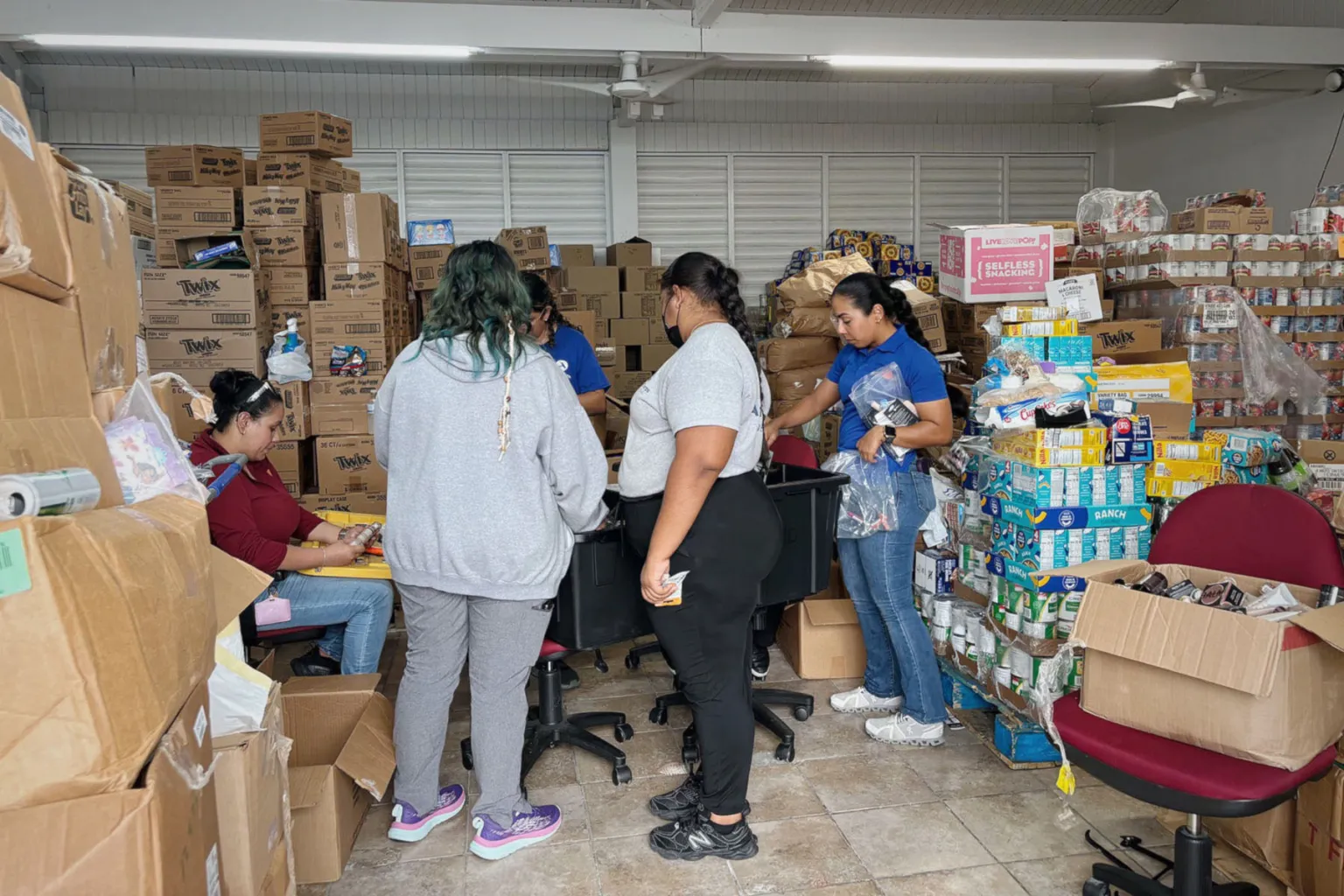
""It's not for buying ice cream or cakes. Meat is expensive, even the vegetables and the food the nutritionist wants us to eat," said Diane Call Fragoso, a NAP recipient."
"Arriving two hours early to a morning food bank drive, only to be the 320th person in line. Anticipating food spoilage from apagones."
"Puerto Rico residents don't have access to the Supplemental Nutrition Assistance Program, or SNAP; they operate on a more limited version known as the Nutrition Assistance Program (NAP)."
"The major tax and spending package just passed by Congress freezes a mechanism used to raise federal food assistance funds."
Residents of Puerto Rico face significant challenges in obtaining food assistance, primarily through the Nutrition Assistance Program (NAP). This program operates differently than the SNAP available in the U.S. mainland. Many reside in poverty and face high costs for basic nutritious foods, which further strains their budgets. Recent congressional changes to food assistance funding exacerbate these issues, limiting support to residents. Lines for food banks can stretch significantly, indicating the overwhelming demand for resources in the aftermath of Hurricane Maria and ongoing economic challenges.
Read at Truthout
Unable to calculate read time
Collection
[
|
...
]